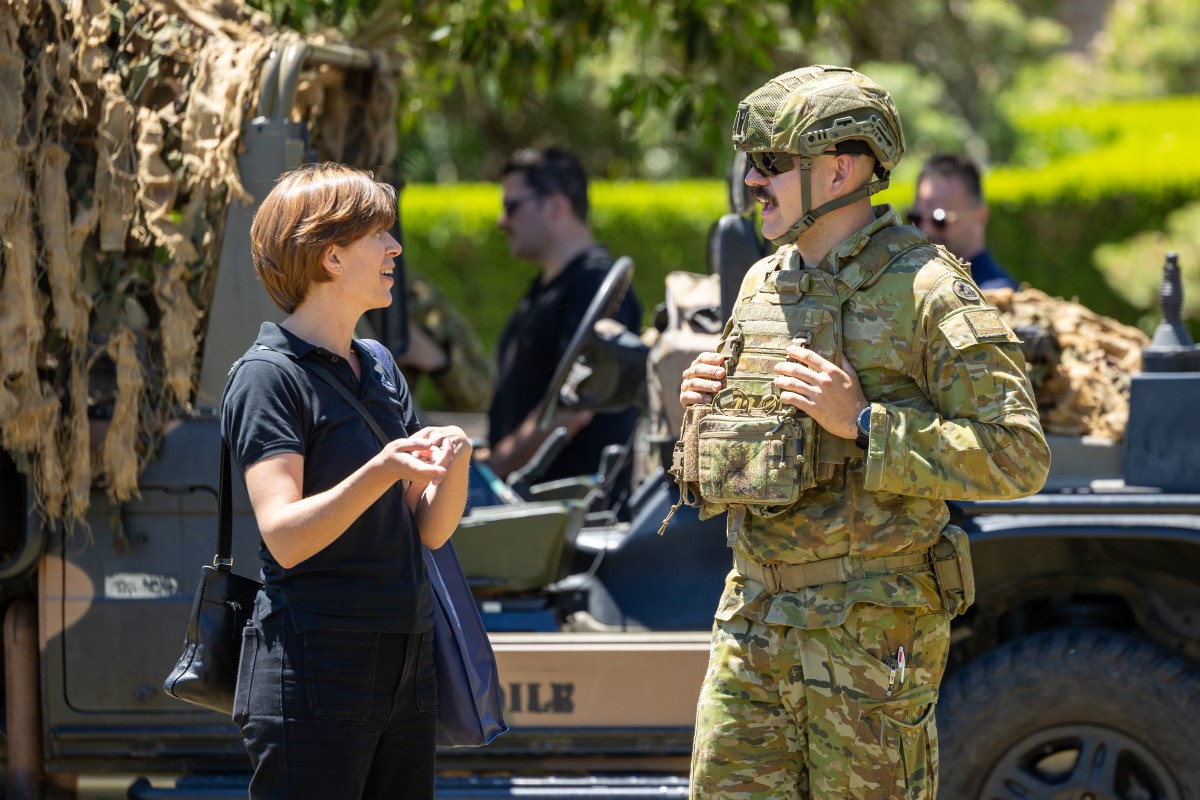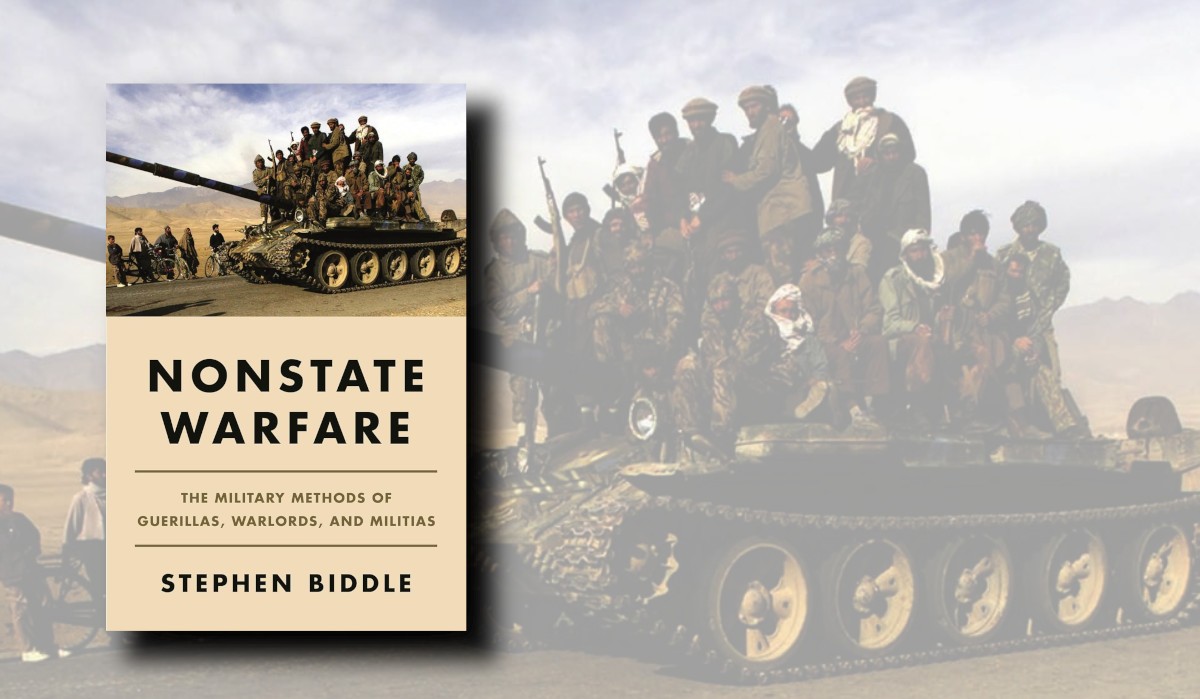The Land Power Forum blog is published by the Australian Army Research Centre in order to generate discussion and debate about the future of Army.
It is a forum for informed analysis, commentary, thoughts and ideas. Contributions are welcomed from stakeholders, subject matter experts and those interested in future land warfare.
| Articles | ||
|---|---|---|
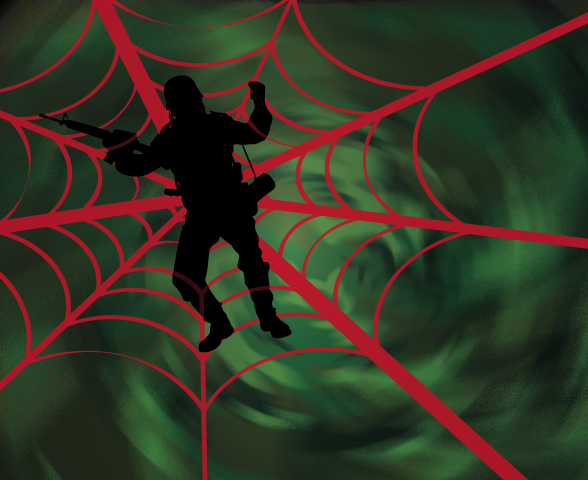
|
AARC Short Thoughts Competition - Spring Series 2025
Spring 2025 Short Thoughts |
The Australian Army Research Centre (AARC), in partnership with Project RUTHLESS, announces that entries to the Spring 2025 Short Thoughts Competition have now closed. The AARC thanks all respondents for their submissions. |
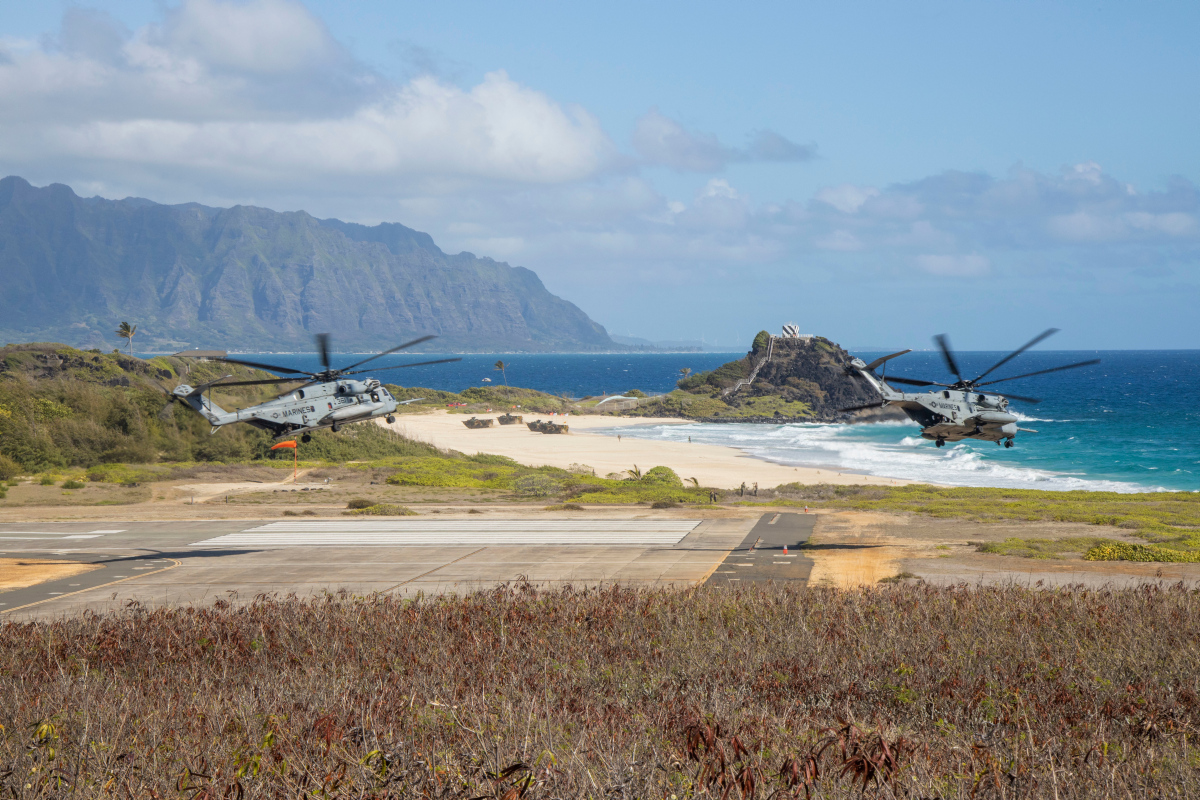
|
Securing the Rear, Empowering the Front
Amphibious/joint/interagencyForce DesignOur Region |
Army's Littoral Manoeuvre Group is a critical enabler of land power projection. Drawing on the history of Australia’s amphibious and riverine operations, Nick Rolls explains why. |

|
Land Power Library - The Liberation Line
Book reviewLogisticsMilitary history |
Reviewer Samuel Wright draws two salient lessons about logistics from Christain Wolmar's book: that innovative solutions to complex problems are essential in warfare and that battlefield success depends on effective, interconnected support systems. This is an engaging history of the infrequently analysed role of railway engineering in World War II. |
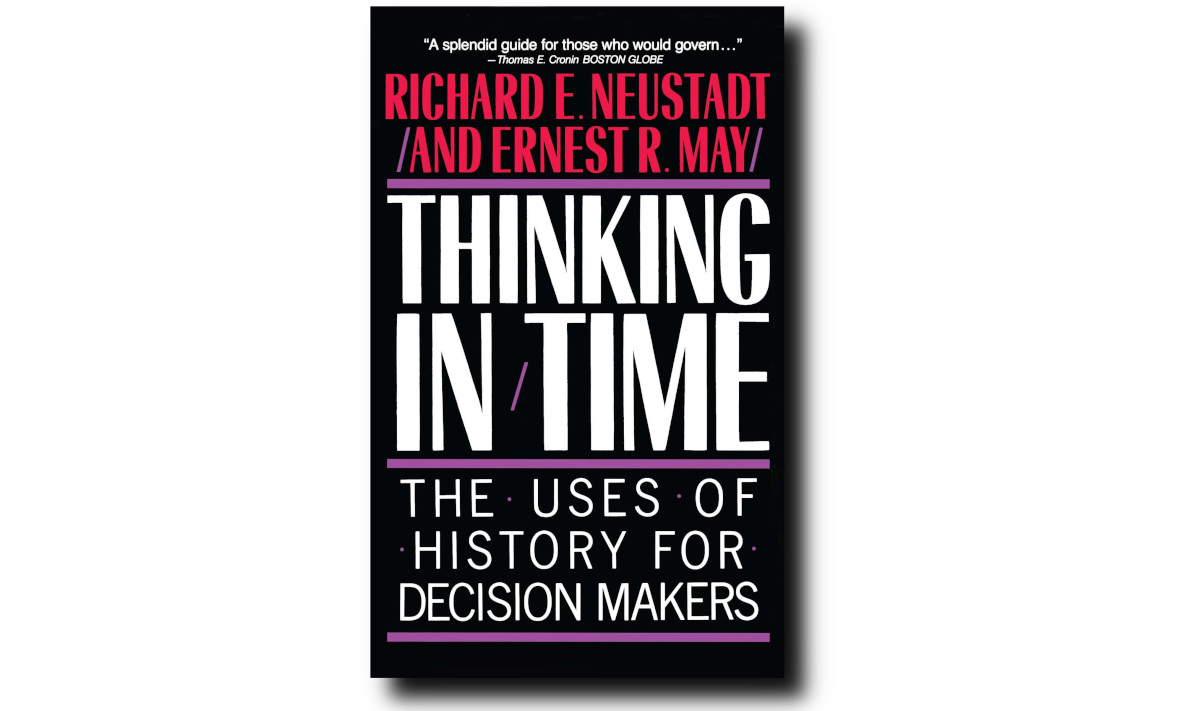
|
Land Power Library - Thinking in Time
Book reviewMilitary theoryLeadership |
Samuel White considers the contemporary relevance of Neustadt and May's Thinking in Time, first published in 1982. The book's central thesis is that history matters in decision making - not as a predictive tool, but as a guide to asking sharper more informed questions. While it remains relevant in principle, White concludes that its modern audience is likely limited to junior leaders for which the book may serve as a useful introduction to decision making principles. More broadly, the book's enduring relevance is as a reminder that history, properly understood, is an essential tool for leaders navigating uncertainty. White offers suggestions as to some more relevant, contemporary works on the topic. |
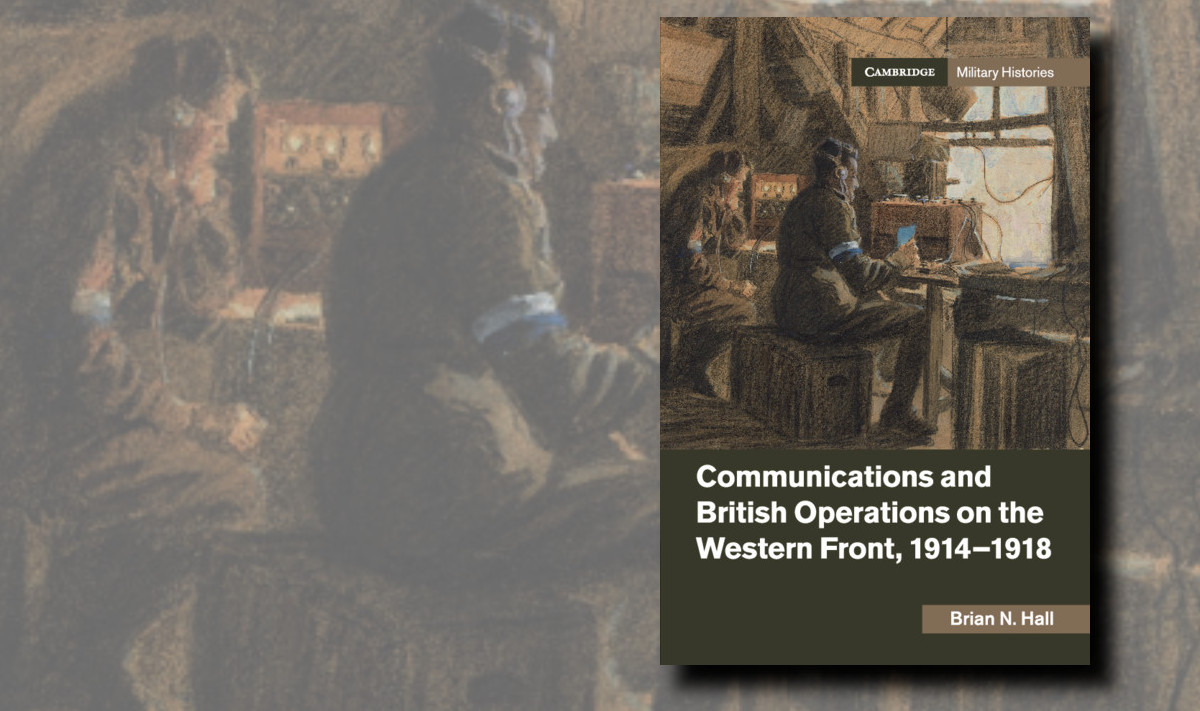
|
Land Power Library - Communications and British Operation on the Western Front 1914-1918
Book reviewMilitary historyLandpower lessons |
In this book, Hall takes the reader through all of the principal British operations on the Western Front from a communications perspective. It throws new light on the reasons why many offensive operations during the static trench warfare phase of the war failed to achieve their ultimate objective. Roberts rates the book to be of most value to the academic history community and specialist readers. |

|
Towards Game-Theoretic Human-Machine Teaming
Artificial IntelligenceEmerging TechnologiesHybrid Warfare |
Human-machine teaming is a core element of plans to modernise the Army and the ADF. In this post, Timothy Molloy makes the case for why Army should investigate and employ game-theoretic human-machine teaming for combat environments. |
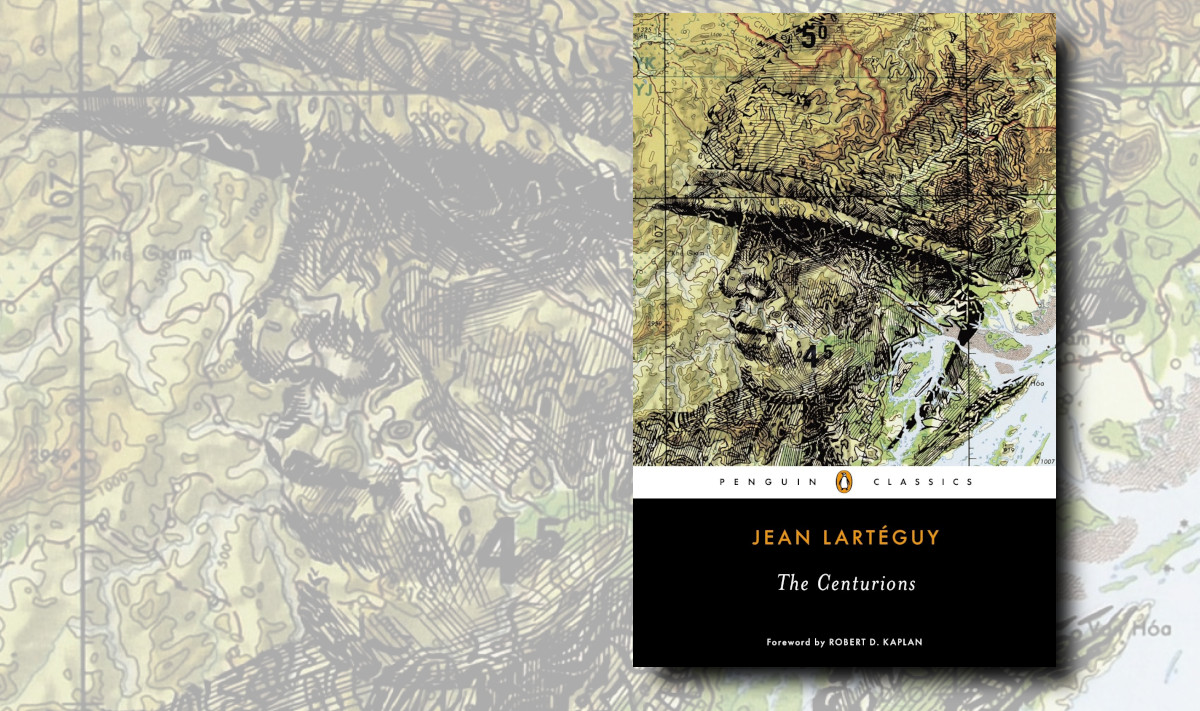
|
Land Power Library - The Centurions
Book reviewIrregular WarfareMilitary history |
First published over 60 years ago, this novel chronicles the experiences of a group of French paratroopers during the First Indochina War and to Algeria. With a foreword by bestselling author Robert D Kaplan, The Centurions realistically depicts the dynamic ambiguity of counterinsurgency warfare. Reviewer Anastasia Easton relates the novels key themes to the challenges of modern conflict and commends this military classic to the modern readership. |
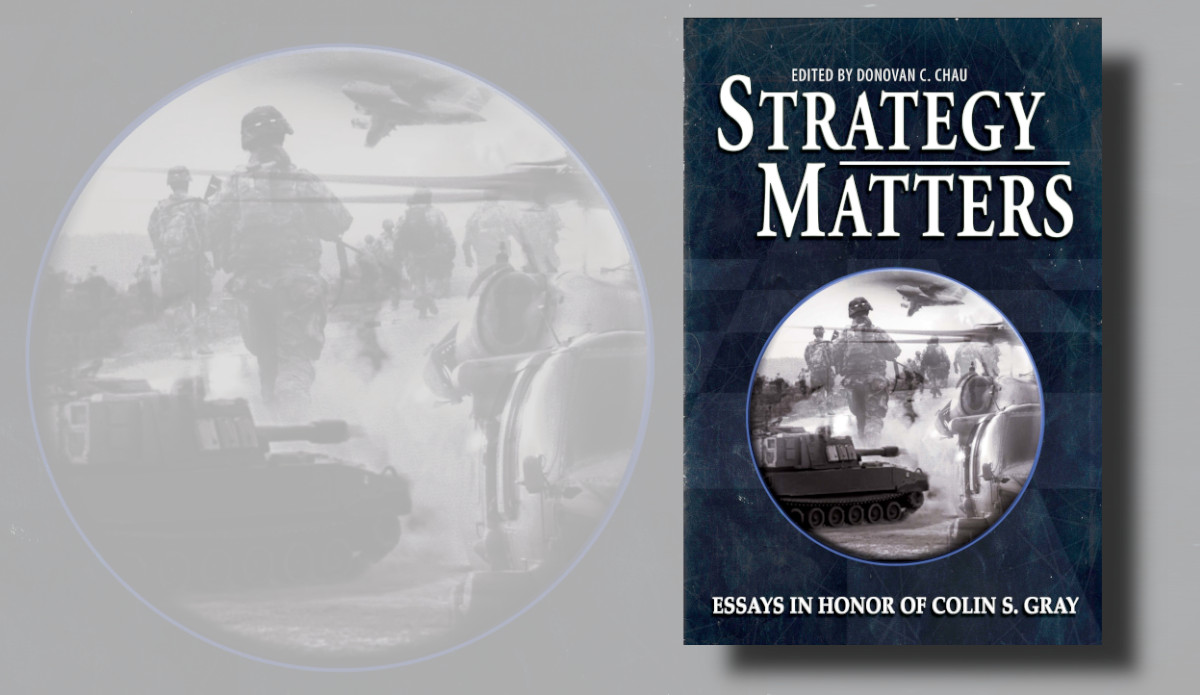
|
Land Power Library - Strategy Matters
Book reviewStrategyStrategic Analysis |
This collection of essays by eminent strategic thinker Colin Gray demonstrates how his ideas for influenced generations of strategists. Reviewer Gabrielle Taylor assesses that it successfully bridges academic theory and practical application, making it both an introduction to strategy and a springboard for further study. |

|
Senior Leaders Review - Rules of the Game
Book reviewMilitary theoryLeadership |
In the first in a series of senior leaders' reviews of books included in the 2025 Chief of Army Study Guide, Director General Future Land Warfare, Brigadier James Davis reflects on why Rules of the Game is the best book he has ever read. A masterful reminder that battle is the centre of the Army profession, Davis commends this profound book. |

|
Land Power Library - The Politics of Command
Book reviewLandpower lessonsLeadership |
Jordan Beavis reviews Rickard's Book on The Politics of Command which focusses on the career of Canadian World War II commander, Lieutenant-General Andrew 'Andy' McNaughton. Beavis concludes that the book offers valuable insight into concepts such as mobilisation, civil-military relations, the profession of arms, and the importance of understanding the politics of one’s position. |

|
Land Power Library - Australia on the World Stage
Book reviewPeople, Culture and EthicsMajor power competition |
Reviewer Pearl Nunn commends this interdisciplinary book as foundational to any study of Australian military history. As Australia's place within the global system continues to morph in response to geopolitical developments, the case studies presented remind us that we have been here before. |
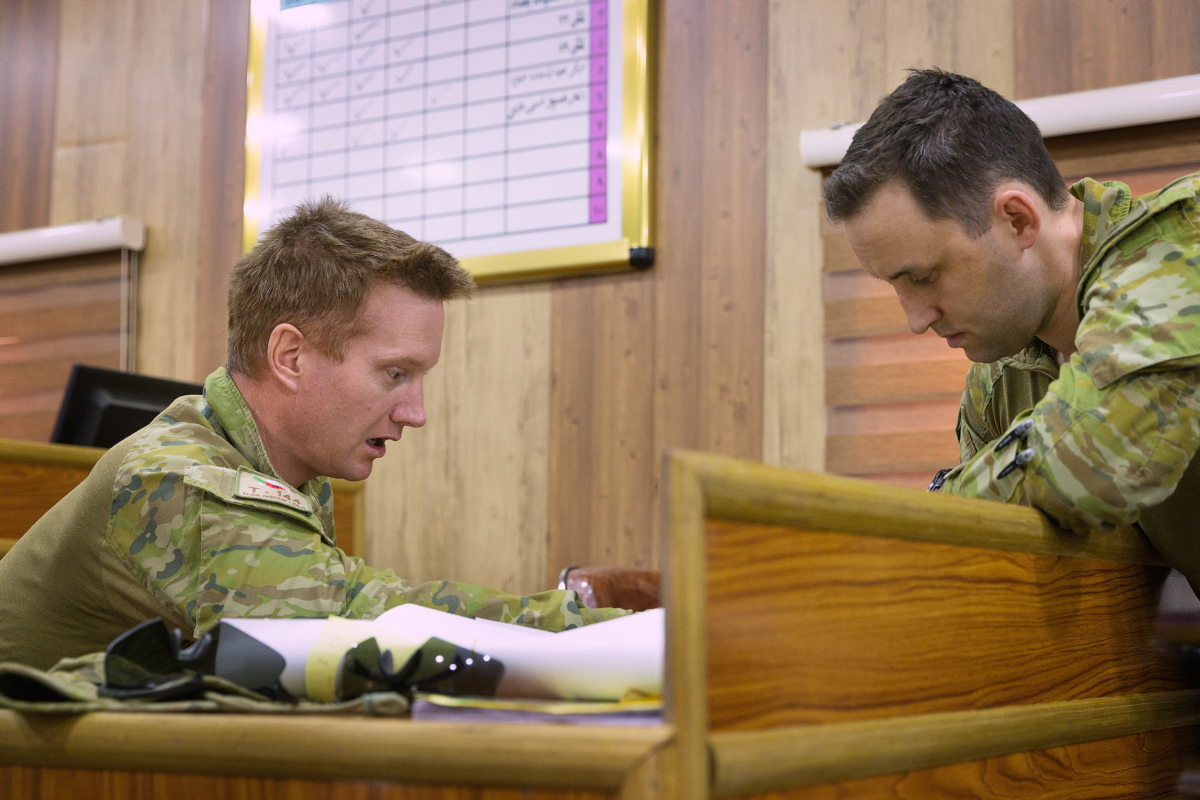
|
Beyond Labels
Military theoryFuture ReadyJoint warfare |
While some query the relevance of the concept of 'operational level' of war in an Australian context, Jones contends that it remains vital. Rather than discarding the concept, he argues that the Australian Army should reframe it, employing a more dynamic model better suited to contemporary strategic and operational realities. He offers a conceptual framework within which this can occur. |

|
Tracking the Development & Assessing the Impact of Quantum Technologies
Quantum TechnologiesRobotics & Autonomous SystemsForce Design |
To assist decision makers in assessing the potential of emerging technologies, Gavin Cookman introduces two new classification vectors for use in conjunction with Technology Readiness Levels. These are Application Readiness Levels and Group Readiness Levels. |
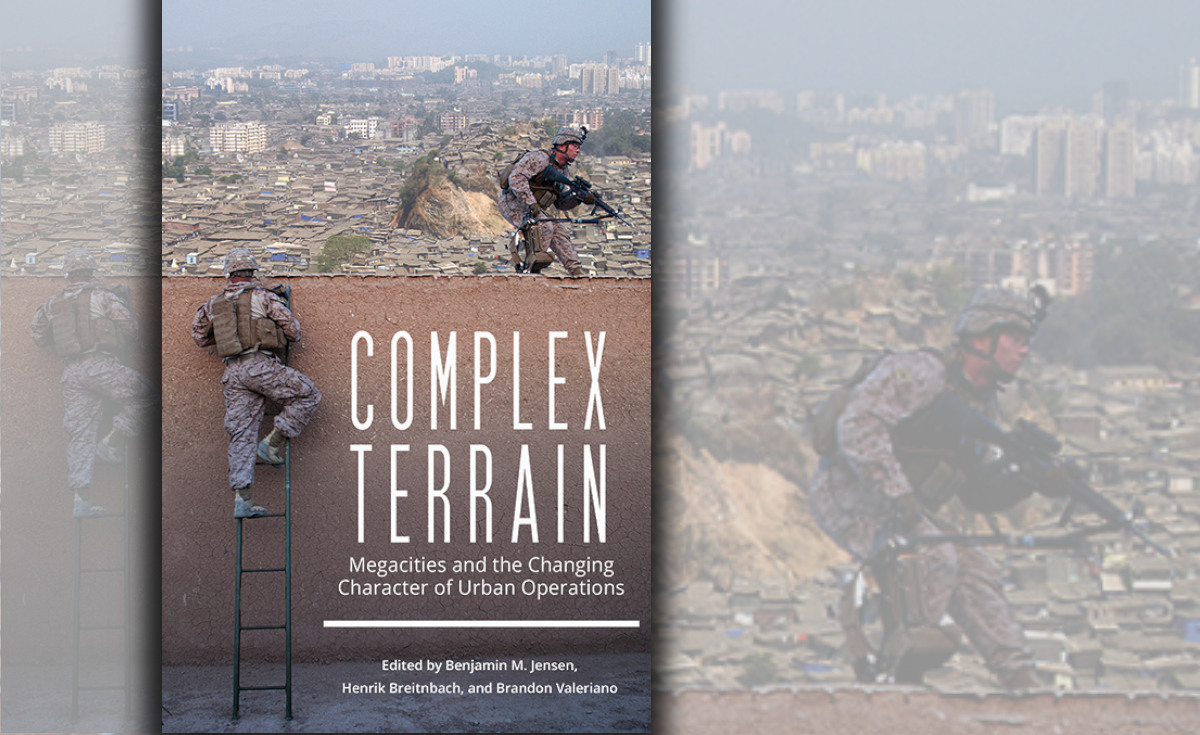
|
Land Power Library - Complex Terrain
Book reviewUrban conflictLand combat |
Initiated by the US Marine Corps University, this edited volume brings together thirteen academics and military professionals to consider the future of military operations in megacities (those cities with a population of 10 million or more) and the underlying sociopolitical and strategic factors that will influence future war in this environment. Reviewer Shaun Cameron considers its relevance, particularly to Army's efforts to prepare for the application of war in dense urban environments. |

|
Land Power Library - The Oxford History of World War II
Book reviewLandpower lessonsMajor power competition |
In reviewer Martin Crotty's view, The Oxford History of World War II is a more than useful addition to the overview literature previously available on World War II, principally because it goes beyond the familiar narrative structure. For the military reader, it prompts consideration of military and strategic issues beyond the immediate and obvious. |
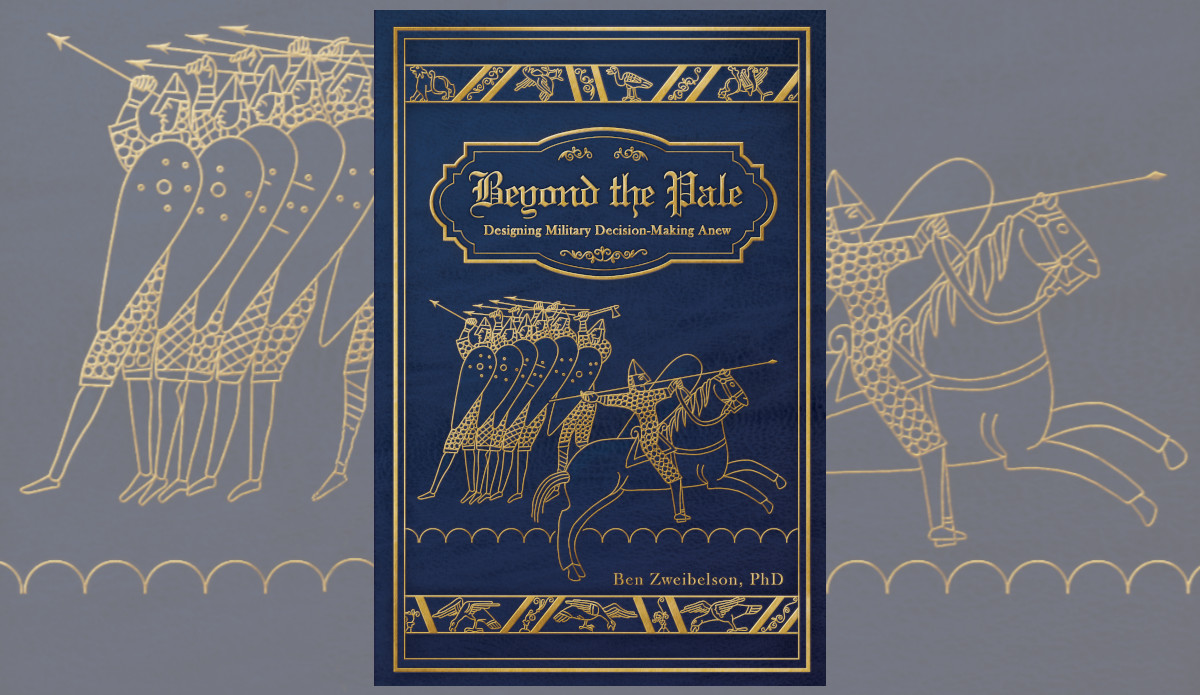
|
Land Power Library - Beyond the Pale
Book reviewStrategyCognitive edge |
In this book, Ben Zweibelson argues that the paradigms underpinning the doctrine and training of NATO partners and like-minded nations are not suitable for our complex and chaotic environment. Reviewer Alice Paton considers the benefits of the book in challenging our fundamental decision making paradigms, even if the process may be uncomfortable. |
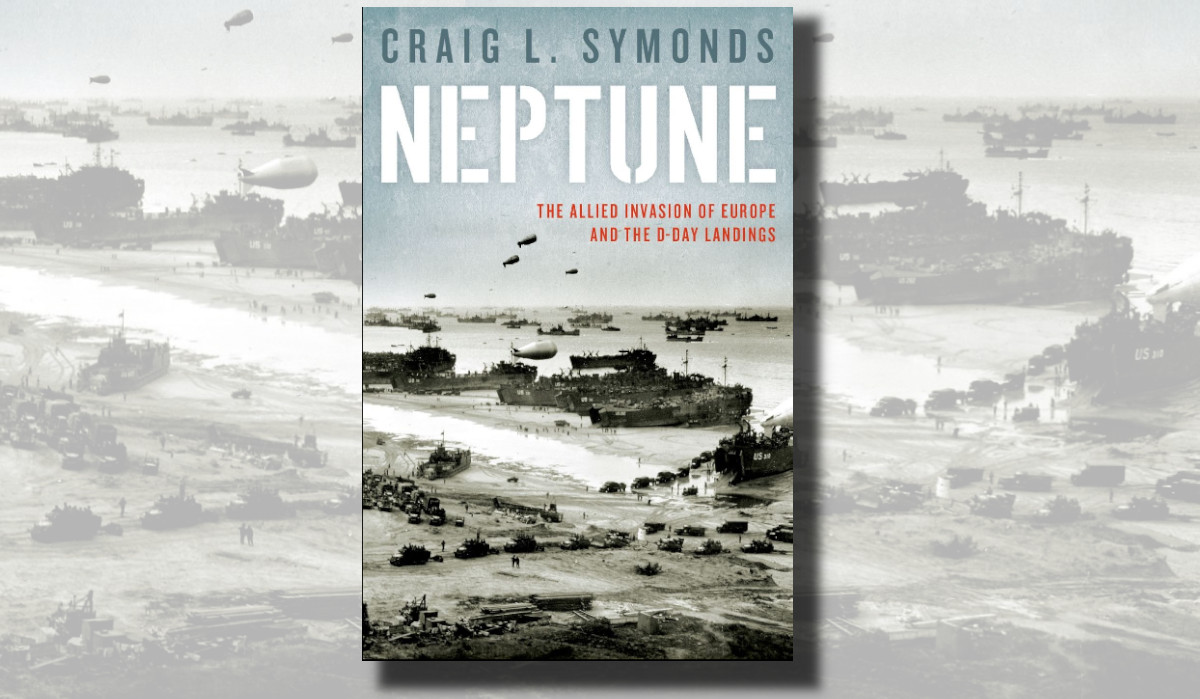
|
Land Power Library - Neptune
Book reviewMilitary historyJoint warfare |
Felicity Petrie find this review of the D-Day landings to be enjoyable and engaging with an approachable narrative style that makes it accessible to historians and lay readers alike. In the broad, the book describes how grand strategy was translated into reality at the front line, and its themes and historical examples remain relevant today. She commends the book for being meticulously researched with an extensive bibliography. |

|
Land Power Library - Dive! Australian Submariners at War
Book reviewMilitary history |
Covering both past and modern history of naval submarines, Mike Carlton's book is both eminently readable with a heavy focus on the human stories of war. Reviewer John Nash commends it as a worthwhile read for anyone unfamiliar with Australian submarine operations. |
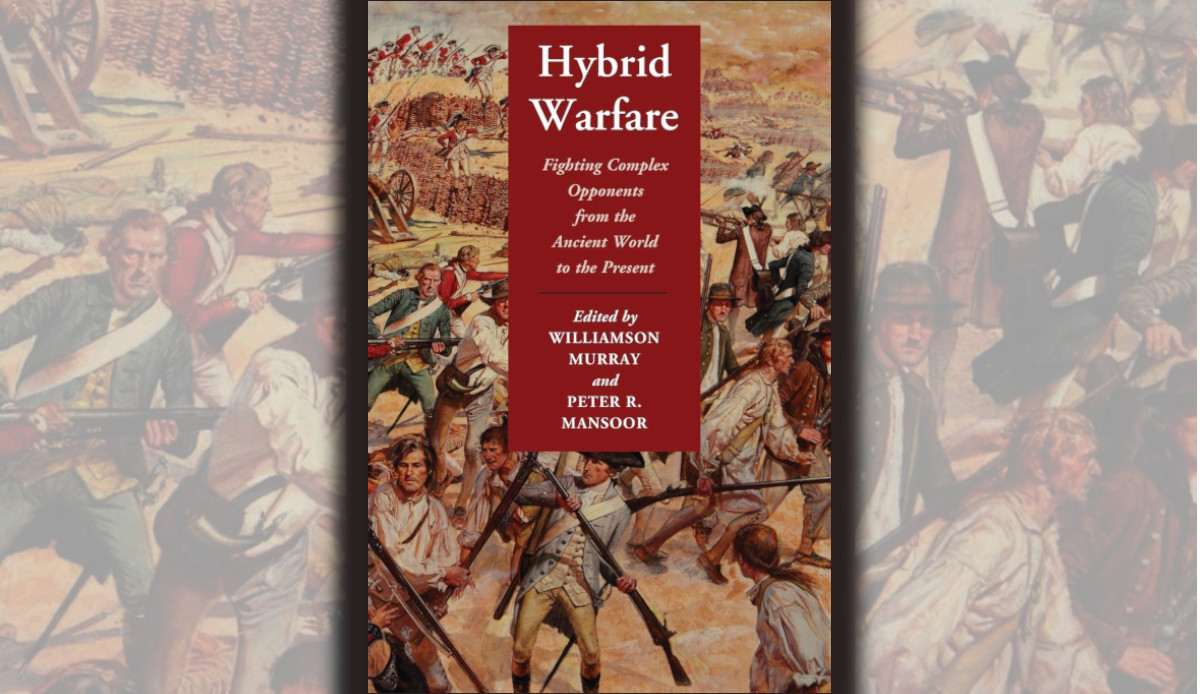
|
Land Power Library - Hybrid Warfare
Land Power LibraryBook reviewLandpower lessonsHybrid Warfare |
Well written and wide ranging, Chris Roberts finds that this volume on hybrid warfare is a valuable contribution to the study of war in its most complex form. |
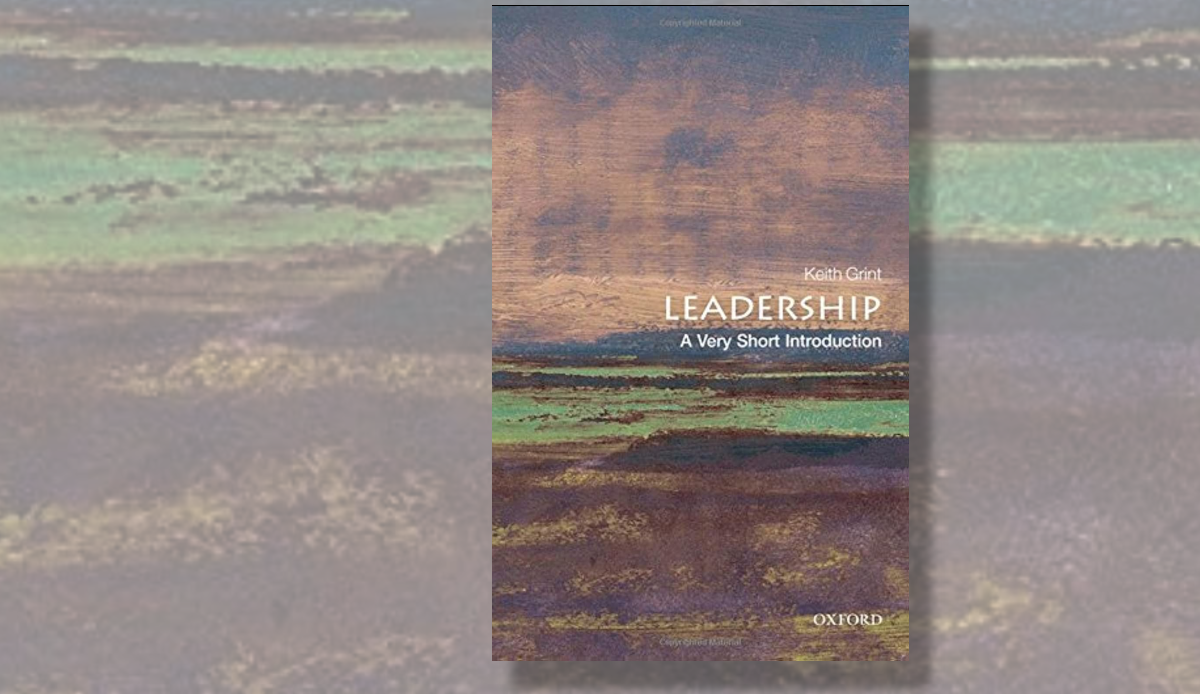
|
Land Power Library – Leadership
Book reviewLeadershipPeople, Culture and Ethics |
While academic literature is already replete with volumes on leadership, Anne Goyne finds that Keith Grint's book provides a refreshingly new approach to the topic. |
Pagination
The Australian Army Research Centre welcomes contributions to foster debate.

